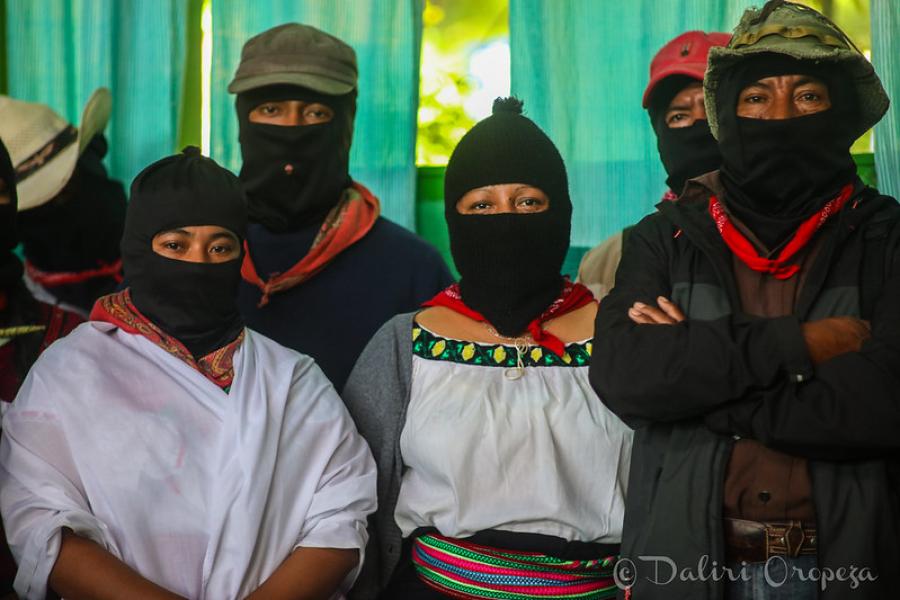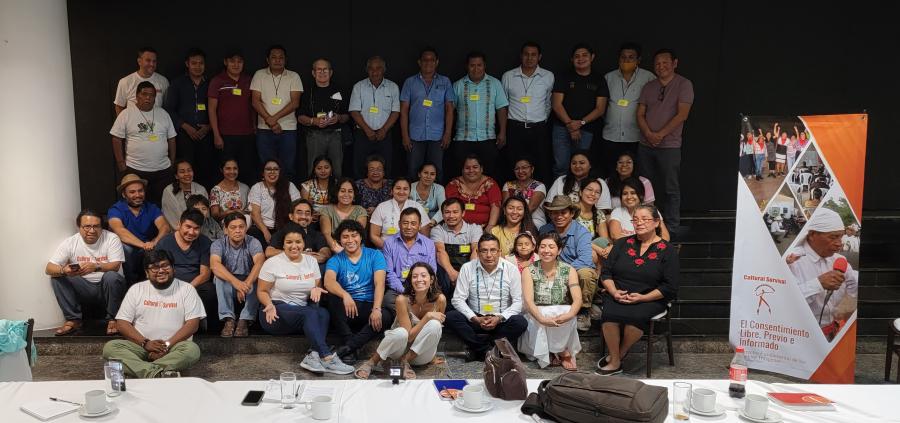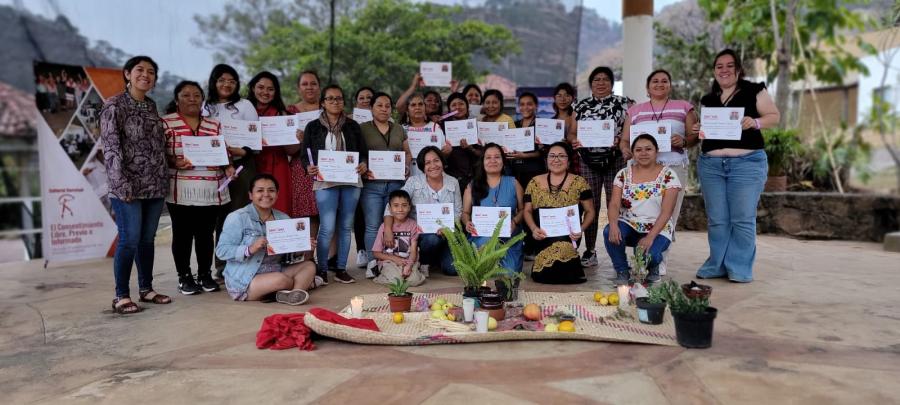James Anaya, the UN Special Rapporteur on the Rights of Indigenous Peoples, recently published a report on his correspondence with the Mexican government regarding mining concessions within Mexico’s Wirikuta Natural and Cultural Reserve, an area that is sacred to the Wixárika (Huichol) people.
Anaya presented the following facts to the State of Mexico:
That the government of Mexico authorized 22 mining concessions including 6.327 hectares without consultation with the Huichol Indigenous people, 69 percent of which lay within the protected Wirikuta Natural and Cultural Reserve, that was established in 1994 by the Mexican government. These concessions cover sacred sites of the highest importance to the religion and traditions of the Huichol people.
The government responded with the following points:
- Consultations had in fact, occurred in 2007 and 2008 and permission was granted for mining operations in 35 concessions in the region of San Luis Potosi.
- No mining activity has been conducted to date in the Wirikuta Reserve, because the mining company hasn’t acquired the necessary permits. The State of San Luis Potosi requires its own consultation with affected Indigenous peoples.
- Environmental impact studies have not yet been carried out.
- The mining will not be open-pit mines but subterranean mines, and for that reason, sacred sites will not be affected by the project.
- A meeting was carried out with the participation of federal and local groups in which they offered institutional support to the protection of sacred places of the Huichol people.
Anaya addressed these points in the following ways:
- Anaya noted the government’s recognition of the Huichol sacred sites. He emphasized that Indigenous peoples have a right to maintain and strengthen their spiritual relationship to their land, and, crucially, to preserve the environment, which suggests the total protection of the Wirikuta Natural and Cultural Reserve. He reminded the government that an impact study is required under article 7 of the Convention 169 of the ILO, conducted in coordination with local indigenous people, to evaluate the social, spiritual, and cultural impact of the project as well as the environmental impact.
- Regarding the consultations claimed by the government with the Huichol people, Anaya stressed that it is of the utmost importance to maintain constant communication and dialogue, in which the people can receive clear, objective information on any aspect that might affect them and provide space where the community may present any questions or concerns on the subject.
- He reminded the State that this dialogue must always have the objective of obtaining Indigenous People’s free, prior, and informed consent. In cases where proposed mining activities are in any way incompatible with those rights, the project should not be allowed to continue.
- The State of Mexico must pay special attention to the right of Indigenous Peoples to express, practice, develop, and teach their traditions, customs, and religious and spiritual ceremonies, as well as to maintain and strengthen their spiritual relationship to the land, water, and other natural resources they have occupied, in order to protect them for the benefit of future generations.
- Anaya will continue to monitor the situation and hopes to engage the State in dialogue on this level in the future. He offered his services in identifying means by which to avoid violating the rights of Indigenous peoples, including the possibility of a visit by Anaya to the Wirikuta Reserveif the State allows it.
James Anaya in a meeting with Santo de la Cruz Carillo y Felipe Serio Chino at the UN Headquarters in the UN.
Please see Cultural Survival’s Action Alert and write a letter to the government of Mexico here.
See Professor Anaya’s report attached below, in the original Spanish.



